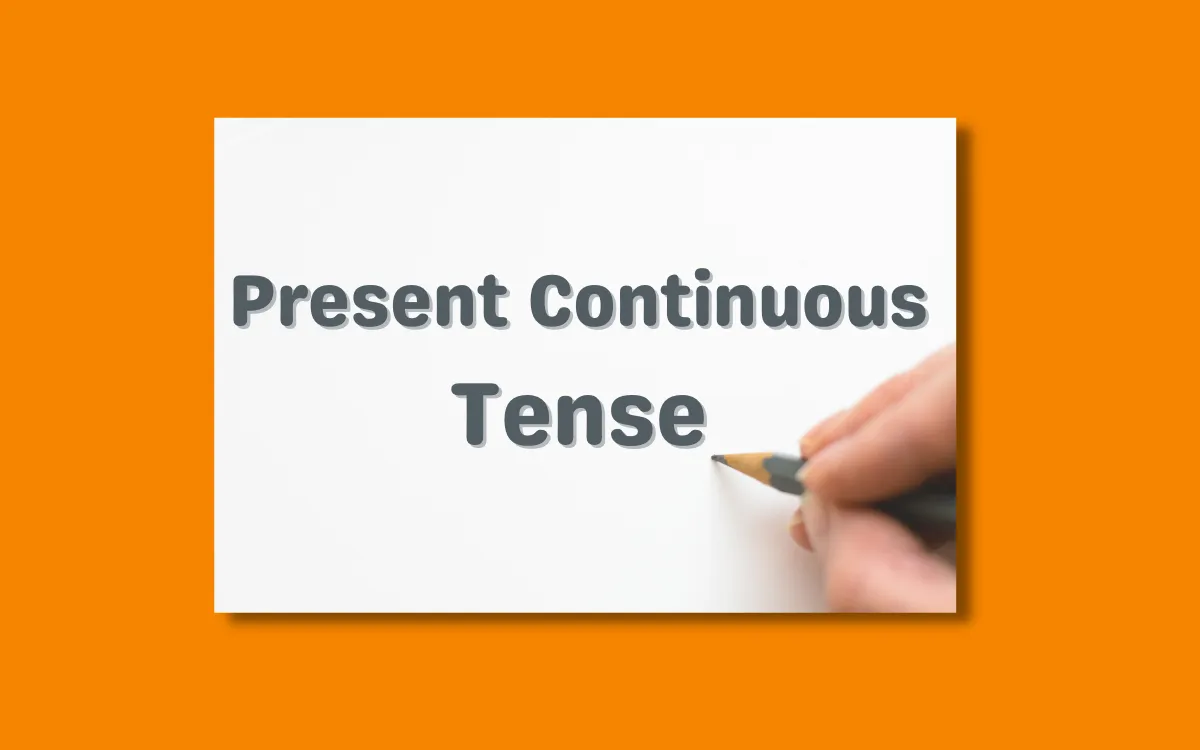
Tam Türkçe karşılığı olmayan past perfect tense, genel kural olarak geçmişte olmuş bir olayın geçmişteki başka bir olaydan veya zaman diliminden daha önce olduğunu belirtmek için kullanılır.
| Olumlu | I/You/We/They/He/She/It + had + V3 |
| Olumsuz | I/You/We/They/He/She/It + had + not + V3 |
| Soru | Had + I/You/We/They/He/She/It + V3 |
| Örnek | Kısa Hali | |
| + |
I had gone. | I'd gone. |
| They had gone. | They'd gone. | |
| − |
She had not gone. | She hadn't gone. |
| You had not gone. | You hadn't gone. | |
| ?+ |
Had you gone? | –– |
| Had he gone? | –– | |
| ?- |
Had they not gone? | Hadn't they gone? |
| Had he not gone? | Hadn't he gone? |
Kullanım Yerleri
1. Bir olayın geçmişteki belirli bir zaman diliminden önce olduğunu belirtmek için kullanılır.
• He had moved to Germany before 2010.
› 2010'dan önce Almanya'ya taşınmıştı.
• He had bought a car by the time he was 20.
› 20 yaşındayken bir araba satın almıştı.
• I had never gone abroad until last week.
› Geçen haftaya kadar hiç yurtdışına çıkmamıştım.
2. Geçmişte olmuş iki olaydan birinin diğerinden daha önce olduğunu belirtmek için kullanılır.
• We went out after the rain had stopped.
› Yağmur durduktan sonra dışarı çıkmıştık.
• He had visited me before he went on holiday.
› Tatile çıkmadan önce beni ziyaret etmişti.
• He had arrived when you called.
› Sen aradığında gelmişti.
• He was unhappy because he had failed the exam.
› Sınavı geçemediği için üzgündü.
• I didn't hear anything. Had he said something?
› Hiçbir şey duymadım. Bir şey mi söylemişti?
| ☞ Simple past tense + when + simple past tense iki olayın aynı anda olduğunu, past perfect tense + when + simple past tense bir eylemin diğerinden önce olduğunu belirtir. • The rain stopped when I went out. › Dışarı çıktığımda yağmur durdu. (Dışarı çıktığım anda yağmur durdu.) • The rain had stopped when I went out. › Dışarı çıktığımda yağmur durmuştu. (Dışarı çıkmadan önce yağmur durdu.) |
| ☞ When + past perfect tense + simple past tense kalıbı bir olayın başka bir şeyden hemen önce olduğunu belirtmek için kullanılır. • When I had finished my work, I called her. › İşi bitirip onu aradım. › İşi bitirince onu aradım. (İşi bitirir bitirmez onu aradığını belirtir.) • My work had finished when I called her. › Onu aradığımda işim bitmişti. (Onu aramadan önce işin bittiğini belirtir.) |
| ☞ Before, aşağıdaki örneklerde olduğu gibi hem past perfect tense hem de simple past tense ile kullanılabilir. İki cümlenin de anlamı aynı olmakla birlikte past perfect tense ile kullanılan cümlenin vurgusu fazladır. • I arrived before Tom had left. › Tom gitmeden geldim. › Tom gitmeden önce geldim. • I arrived before she left. › Tom gitmeden geldim. |
Örnek Cümleler
• He had moved to Germany before 2010.
› 2010'dan önce Almanya'ya taşınmıştı.
• I had met him before the meeting.
› Onunla toplantıdan önce tanışmıştım.
• He called me before I had heard the news.
› Haberi duymadan önce beni aradı.
• Before the sun rose, we had reached the summit.
› Güneş doğmadan zirveye ulaşmıştık.
• We went out after the rain had stopped.
› Yağmur durduktan sonra dışarı çıktık.
• After the rain had stopped, we went out.
› Yağmur durduktan sonra dışarı çıktık.
• When I had read the book, I drank tea.
› Kitabı okuyup çay içtim.
• She had just left when we got there.
› Biz oraya vardığımızda o daha yeni gitmişti.
• By the time he offered me, I had found a new job.
› Bana teklif ettiğinde yeni bir iş bulmuştum.
• He had bought a car by the time he was 20.
› 20 yaşındayken bir araba satın almıştı.
• I couldn't leave until they had arrived.
› Onlar gelene kadar gidemedim.
• I hadn't gone abroad until last week.
› Geçen haftaya kadar yurt dışına çıkmamıştım.
• I waited for her until she had finished the work.
› İşi bitirene kadar onu bekledim.
• He asked if I had studied for the exam.
› Sınava çalışıp çalışmadığımı sordu.
• If I had seen him, I would have told him the truth.
› Onu görseydim, ona gerçeği söylerdim.
• I could pass the exam if I had studied harder.
› Çok çalışsaydım sınavı geçebilirdim.
• He was unhappy because he had failed the exam.
› Sınavı geçemediği için üzgündü.
• He had said it would be a long trip.
› Uzun bir yolculuk olacağını söylemişti.
• I tried to find him but he'd already left.
› Onu bulmaya çalıştım ama çoktan gitmişti.
• He hadn’t ever gone to France.
› Fransa'ya hiç gitmemişti.
• He had never gone to Germany.
› Almanya'ya hiç gitmemişti.
• He told me he had never been to Italy before.
› Bana daha önce hiç İtalya'ya gitmediğini söyledi.
• It was the best book I had ever read.
› Okuduğum en iyi kitaptı.
• It was the most beautiful photo I had ever seen.
› Gördüğüm en güzel fotoğraftı.
• I wished I had told the truth.
› Keşke doğruyu söyleseydim.
• I was glad that I had planned in advance.
› Önceden planladığıma sevindim.
• Tom hadn’t spoken to you about it, had she?
› Tom sana bundan bahsetmemişti, değil mi?
• Why had he agreed to work there?
› Orada çalışmayı neden kabul etmişti?
• What had she said to you?
› Sana ne demişti?
• Where had you lived before 2010?
› 2010'dan önce nerede yaşamıştın?
• The interview wasn't exactly what I’d expected.
› Mülakat tam olarak umduğum gibi olmadı.
• I had never seen such a beautiful sunset before I went there.
› Oraya gitmeden önce hiç bu kadar güzel bir gün batımı görmemiştim.
İngilizcede zamanların konu anlatımlarına linke tıklayarak gramer sayfamızdan ulaşabilirsiniz.


